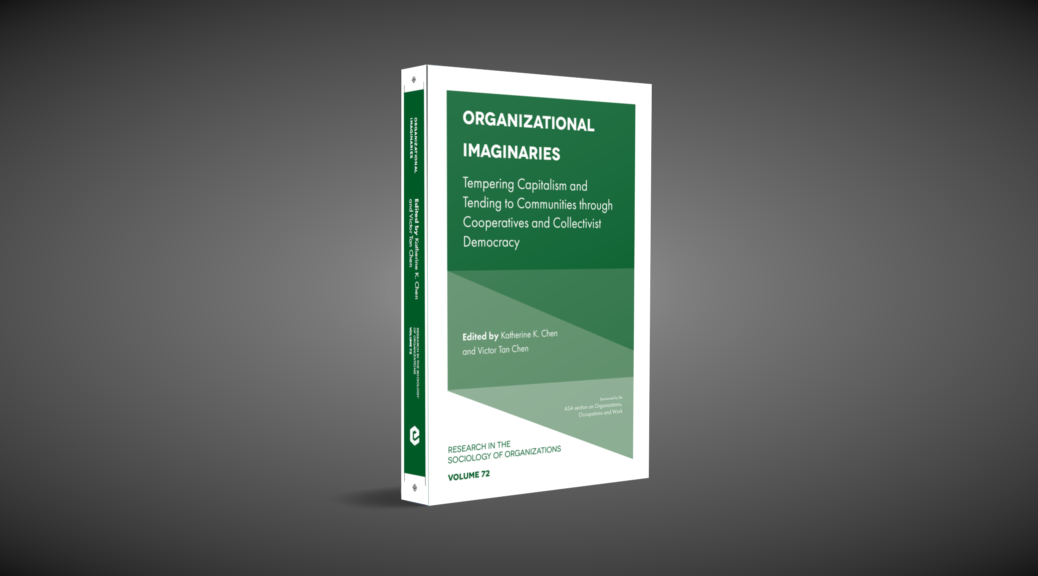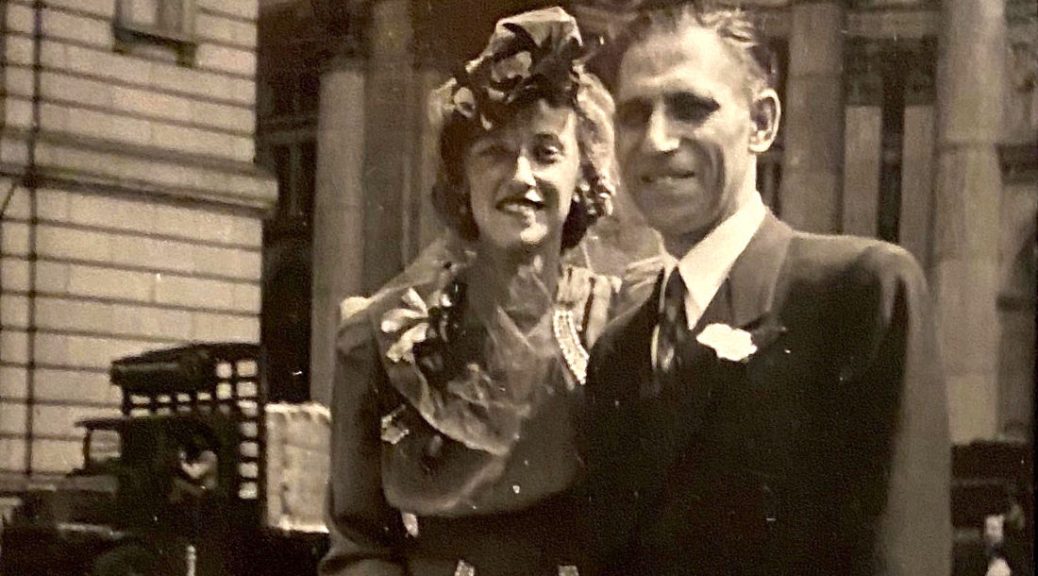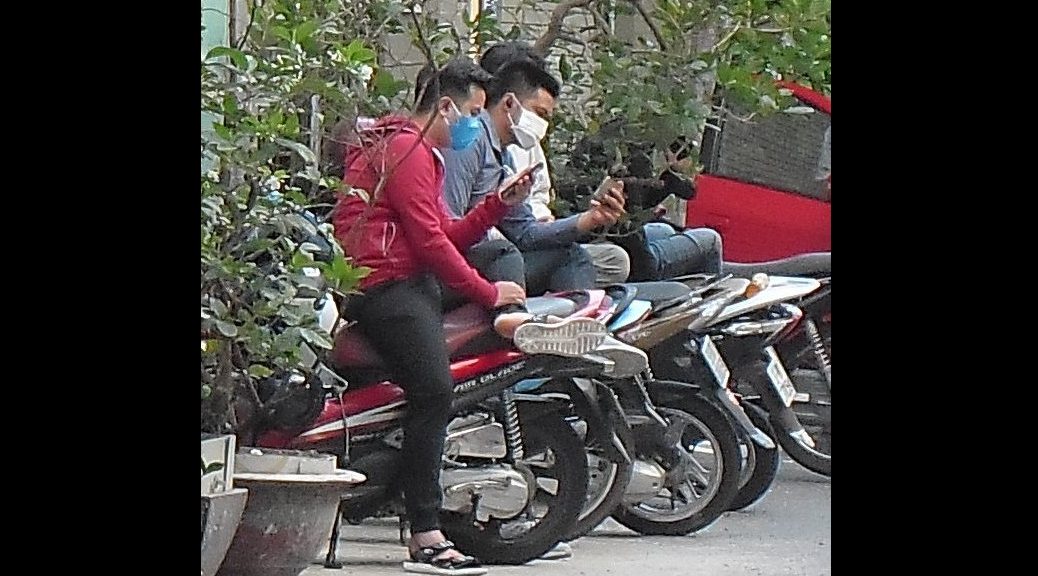When people think of starting a new business or organization, they often choose from a very narrow set of options: a corporation with investors, a nonprofit with a board of directors, and so on. But there is a much wider range of possibilities to choose from, as CUNY sociologist Katherine K. Chen and I explore in our new book Organizational Imaginaries: Tempering Capitalism and Tending to Communities through Cooperatives and Collectivist Democracy, just released by Emerald Publishing.
At one extreme, there is the for-profit company owned by investors and run by managers in a top-down fashion. At the other extreme, there are what the sociologist Joyce Rothschild calls “collectivist-democratic organizations.” This latter category includes worker cooperatives, consumer cooperatives, and social movements built on democratic principles. What these groups share is some form of collective ownership, a commitment to democratic decision-making, a communal spirit, and a focus on values and goals other than just making a profit.
Continue reading My New Book, Organizational Imaginaries, Is Now OutVictor Tan Chen Victor Tan Chen is In The Fray's editor in chief and the author of Cut Loose: Jobless and Hopeless in an Unfair Economy. Site: victortanchen.com | Facebook | Twitter: @victortanchen
- Follow us on Twitter: @inthefray
- Comment on stories or like us on Facebook
- Subscribe to our free email newsletter
- Send us your writing, photography, or artwork
- Republish our Creative Commons-licensed content





